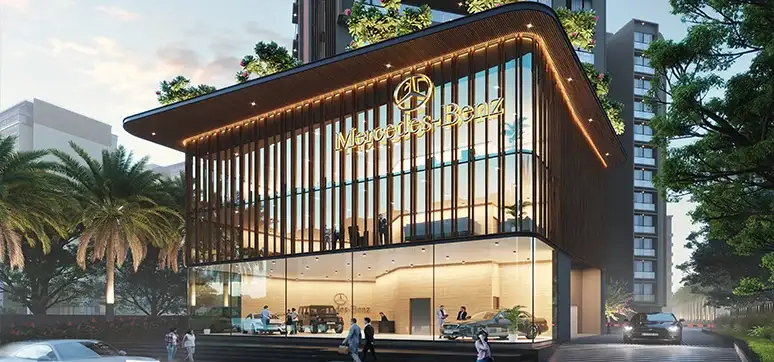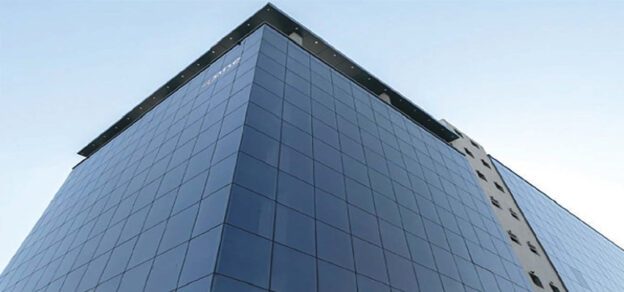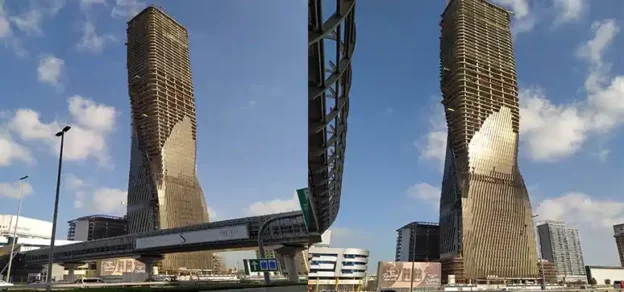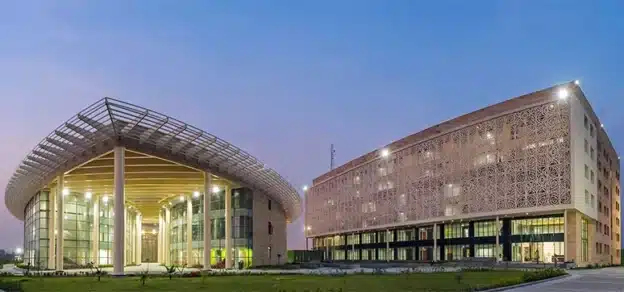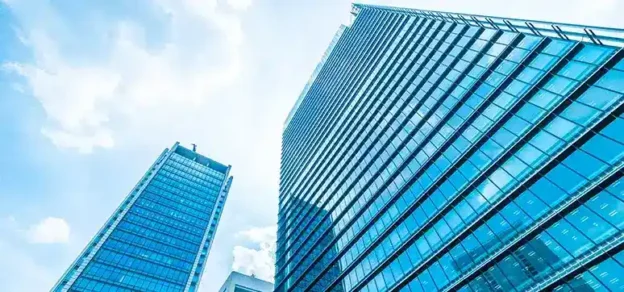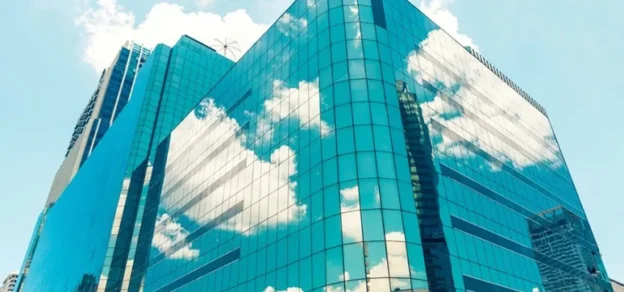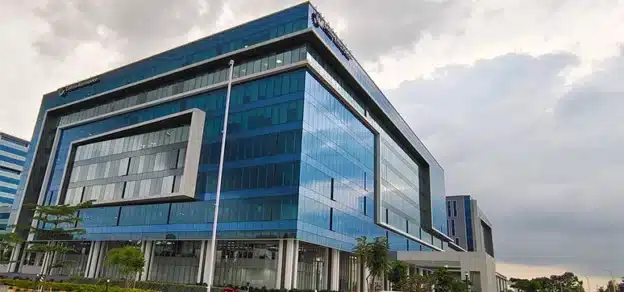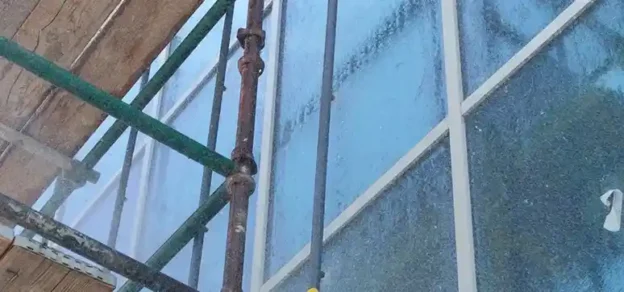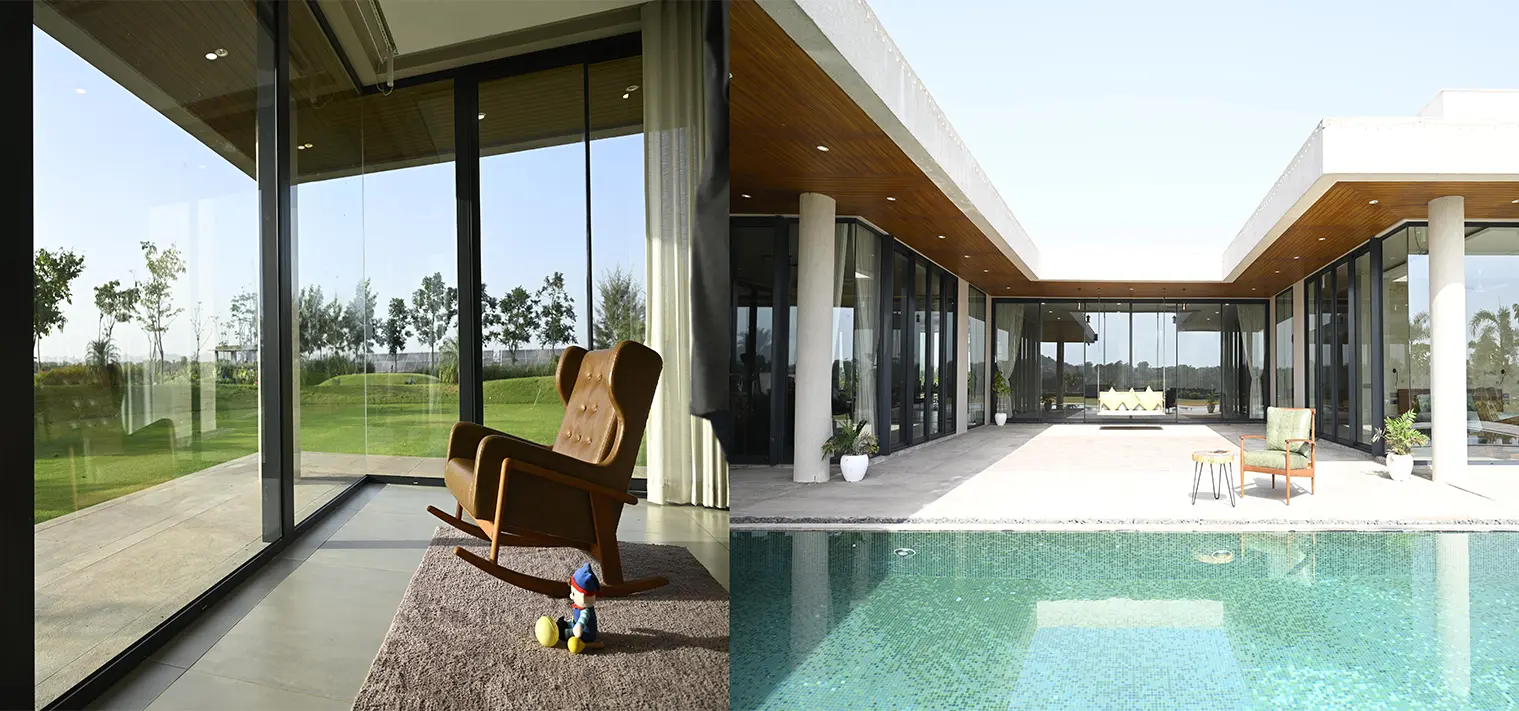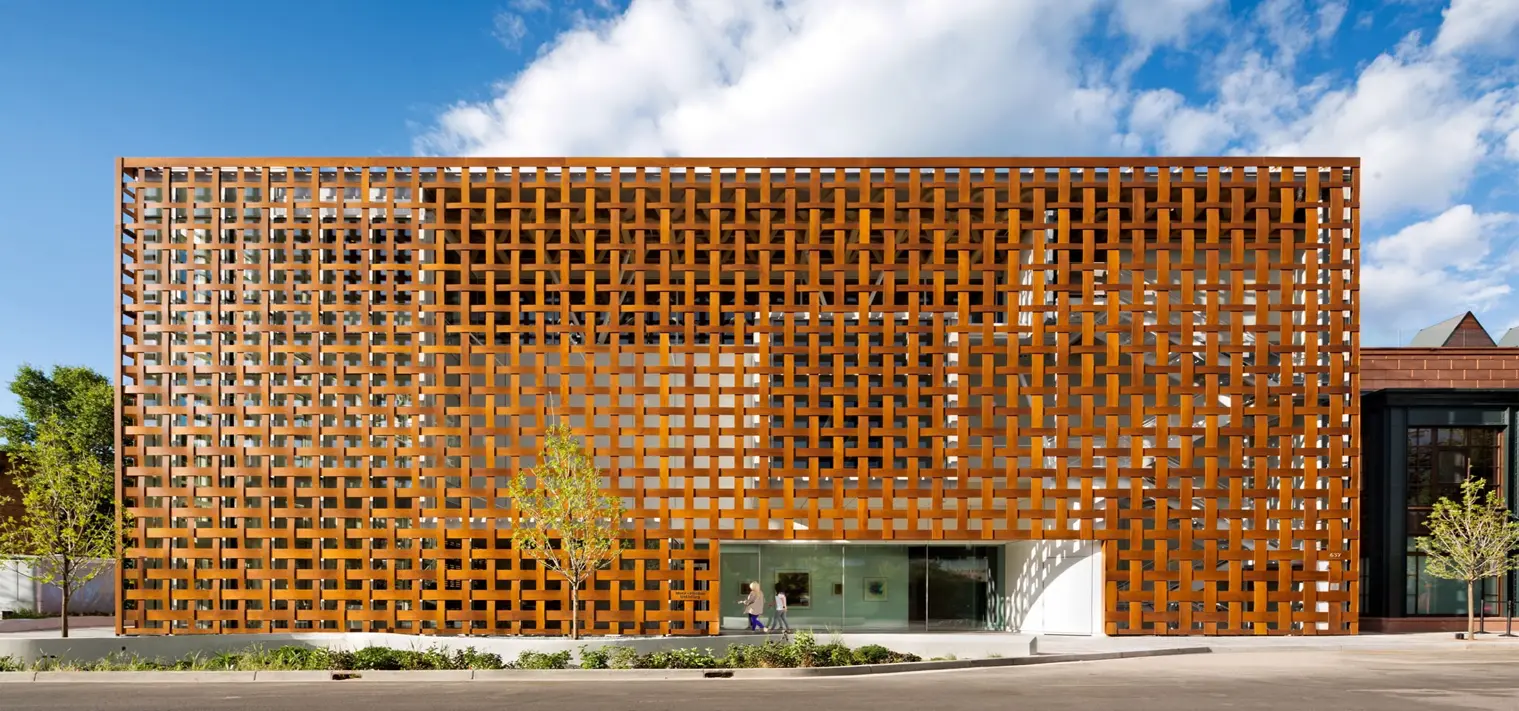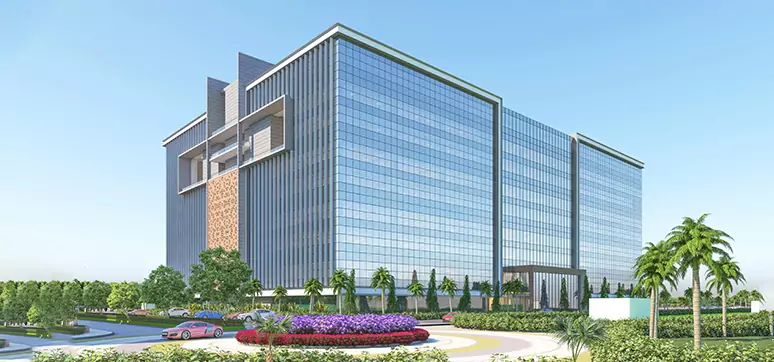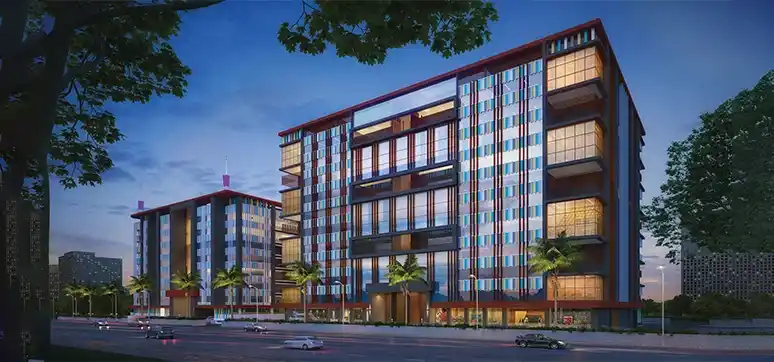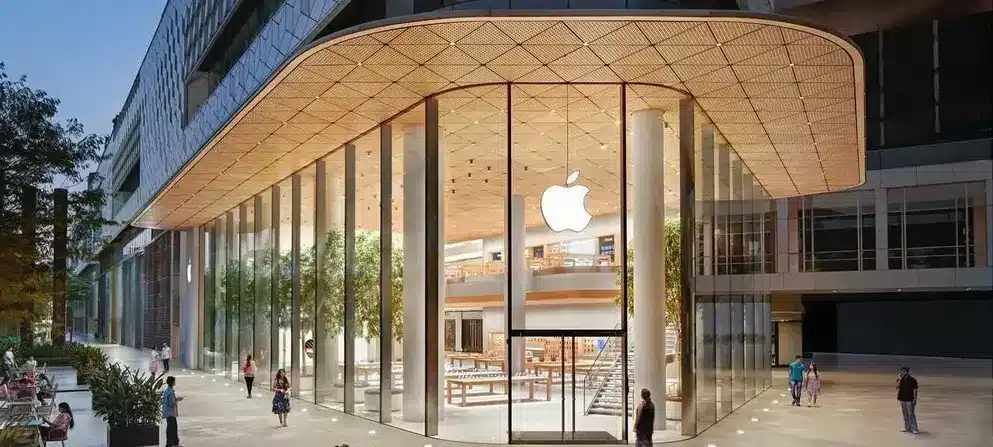• Identify the specific performance requirements: The design team can do this by reviewing the project requirements, building codes, and other relevant standards.
• Select the appropriate glass type: Based on the performance requirements, the appropriate glass type like Low-E glass, laminated glass, or tinted glass is selected, which can be used for thermal insulation, laminated glass for sound reduction, and tinted glass for solar control.
• Determine the glass thickness: Based on the performance requirement, the thickness is decided. Thicker glass can be used for sound reduction while thinner glass can be used for thermal insulation.
• Incorporate insulation materials: Insulation materials such as argon gas in the glass units enhance thermal insulation.
• Design shading systems: Louvers, vertical fins, and brise soleil can reduce solar heat gain.
• Optimise the glass façade design: This can be done considering the orientation of the building, the surrounding environment, and the local climate.
• Perform simulations: Simulations using computer software can be conducted to test the performance under different conditions.
• Ensure proper installation: Trained professionals to install & ensure performance
Different Types of Glass Facades and the Best Type of Glass for Each
• Unitized Curtain Wall – features pre-assembled, factory-made panels that are installed on the building’s frame. This type of façade offers fast installation, reduced leakages, and minimal site labour. However, it can be expensive and difficult to customise.
• The best type of glass: Double-glazed Low-E Glass (Reflective or Clear) is the best option for energy efficiency and sound insulation.
• Semi-unitised curtain Wall – similar to the unitized curtain wall, but it has some components that are assembled on-site. This type of façade offers a balance between speed of installation and customisability.
• The best type of glass: Double Glazed Insulating Glass is the best option for energy efficiency, sound insulation, and thermal comfort.
• Stick Glazing – features individual pieces of glass that are mounted on-site with a metal frame. This type of façade is highly customisable and relatively inexpensive, but it requires more labour and can be more prone to leaks.
• The best type of glass: Toughened or tempered glass is the best option for its durability and protection against wind loads, thermal stress, and impact resistance.
• Point Supported Glass Façade – features individual pieces of glass that are mounted with clamps or bolts, creating a transparent and minimalist look. This type of façade offers high customizability but requires careful engineering to avoid structural deficiencies.
• The best type of glass: Laminated safety glass (with toughened or tempered glass panes) is the best option for its strength, durability, and safety in case of breakage.
Ultimately, the best type of glass for each façade system depends on a variety of factors, including project budget, building location, climate considerations, and aesthetic preferences. Consulting a professional glass façade specialist can help identify the best options.
Glass Facades of The Future
One potential glass façade design that could inspire future architects & designers is the dynamic or responsive glass façade, which can adjust its transparency and shading depending on sunlight and temperature changes, enhancing energy efficiency and occupant comfort. It uses smart materials, such as electrochromic glass, liquid crystal glass, and thermochromic glass, which can change their properties in response to an electric current or temperature gradient, regulating the amount of light, heat, and glare that enters the building. This, not only improves sustainability but also creates a mesmerising visual effect that interacts with the environment and its occupants.
